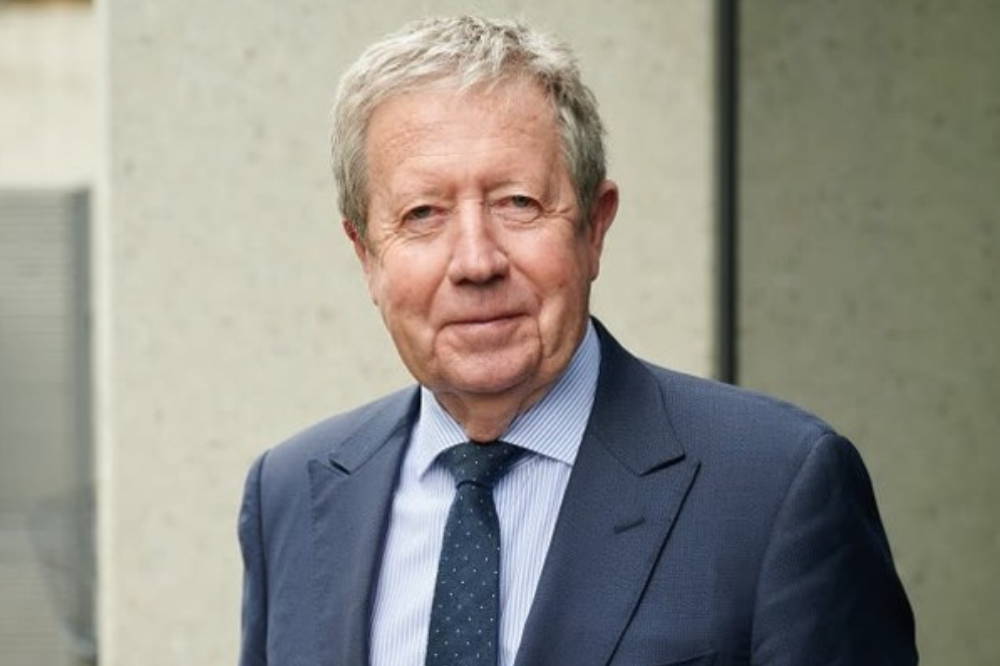
With more than 20 years’ experience in independent school leadership, Dr Chris Duncan has seen the sector’s schools evolve in some big ways.
From substantial enrolment growth, the shift towards co-educational models, sweeping education reforms, and the rise of AI, there’s no question that Australia’s independent school principals have navigated the shifting sands of education skilfully, and Dr Ducan is no exception.
In addition to his extensive experience successfully steering several large schools through these changes, Dr Duncan has collaborated with school heads and councils to enhance governance standards, navigating challenges such as changes to federal funding models and the COVID-19 pandemic.
In December 2022, Dr Duncan was appointed CEO of the Association of Heads of Independent Schools of Australia (AHISA), the leading national association for principals of independent schools, with responsibility for some 535,000 students nationwide.
As he prepares to mark two years in the role, The Educator spoke to Dr Duncan about the remarkable year that has been for Australian education, and the promising developments that await the principal profession in the year ahead.
Dr Duncan says the emergence of Professional Supervision – or Reflective Supervision (RS) as it is now being referred to – has been one of the most positive and impactful developments supporting independent school leaders in 2024.
AHISA is currently piloting a program to train accomplished and recently retired Heads to provide RS to principals in the early years of their tenure.
“RS provides confidential one-one conversations to assist principals to deal with the increasing complexity of their roles,” Dr Duncan told The Educator.
“It is now standard practice with psychologists, social workers, first responders and clergy. The RS training is a rigorous course conducted over six months via the University of Sydney.”
Dr Duncan said RS will continue to be among the most important professional learning supports for school principals heading into 2025.
“Professional supervision is one of the most interesting developments to support principals with the complex nature of their work, and at the same time, their wellbeing,” he said.
“The idea of 'welldoing' is an emerging concept that integrates doing the job well and feeling well, two sides of the same coin, if you like.”
Dr Duncan said Professional Supervision is different from coaching and counselling.
“RS promises to be one of the more important developments in school leadership, and therefore its impact on student learning and development,” he said. “It is also now on the national policy agenda.”
When asked about his hopes for Australian school leadership in the year ahead, Dr Duncan pointed to the potential of the Federal Government’s Better Fairer Schools Agreement, which he called the most significant policy development in 2024.
“It is crucial reform because it squarely addresses equity and achievement and provides state and territory government additional funding to meet their Gonski funding commitments,” he said.
“It is welcome news that NT, WA, Tas and the ACT have signed up to the agreements and it is hoped the remaining states will follow.”


